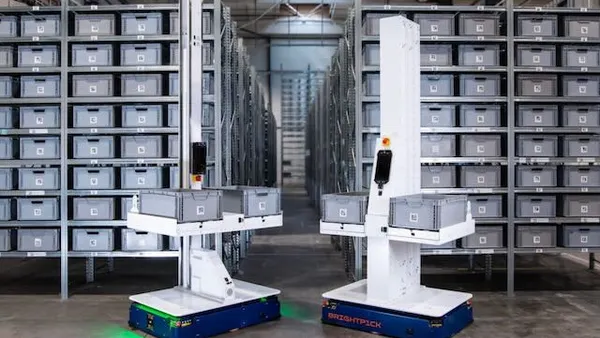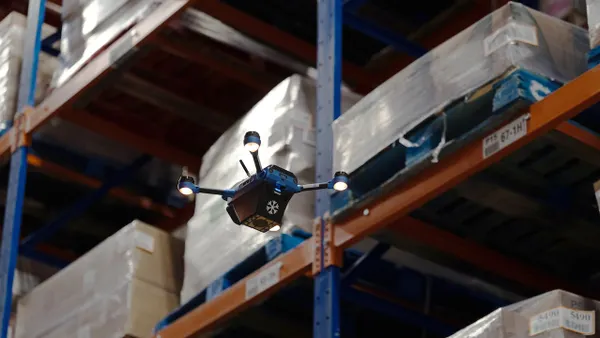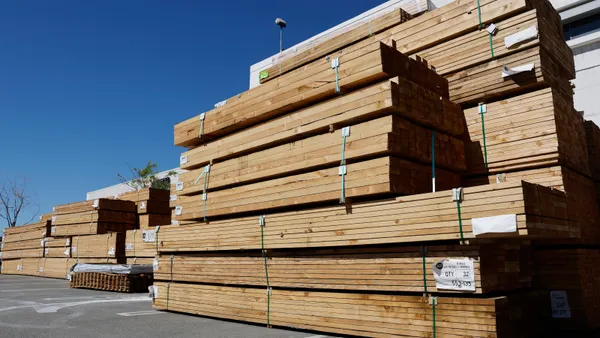Dive Brief:
- Academy Sports and Outdoors is shifting its sourcing network and pulling forward receipts as part of a multipronged tariff mitigation effort, according to a June 10 earnings call.
- To build its tariff plan, the retailer first calculated the expected impact of current duties on the business before working with its factories and suppliers to identify ways to offset product costs and split the burden, said CEO Steven Lawrence.
- To minimize additional costs, the sportswear retailer paused cargo out of China when the U.S. raised tariffs on imports from the country to 145% and selectively resumed shipments once the rate was lowered.
Dive Insight:
With each of its branded partners facing varying exposure to tariffs, Academy Sports and Outdoors is working with them on a “case-by-case basis to develop offset strategies,” Lawrence told analysts.
“At this point, we believe we have effectively mitigated the cost of tariffs at the current levels while minimizing the impact on our customers,” he said. “Moving forward, the team will remain nimble and make adjustments if or when the situation changes.”
Academy Sports and Outdoors has also been intentional and strategic about inventory management in response to tariffs.
“We pulled forward $85 million in domestic inventory receipts in the first quarter at pre-tariff prices. The majority of this is evergreen products such as bicycles or free weights, which have no seasonal or obsolescence risk,” EVP and CFO Earl Ford told analysts.
The CFO further noted that the retailer cut more than $120 million in inventory receipts to maintain operational flexibility. Academy Sports and Outdoors also leveraged a pricing optimization engine to find ways to offset cost increases via strategic pricing and promotions.
Academy Sports and Outdoors has been on a journey to reduce its production exposure to China for the past several years. At the start of the year, the sportswear retailer’s exposure to private brands sourced from China accounted for about 9% of its business, said Lawrence. By the end of the year, Academy Sports and Outdoors expects to further reduce this percentage to 6%.
The retailer told analysts in January that at the time, 50% of its overall inventory was procured from China, down from 70% in 2019.
According to Ford, the company has shifted products out of China to countries including Cambodia and Bangladesh.
Lawrence noted that the retailer remains focused on diversifying its sourcing base to ensure that it isn’t reliant on one single country in the face of potential shifts in the trade landscape.
“I feel like we've done a really good job of getting this year mitigated and having a good handle on it,” said Lawrence. “What's going to happen between now and the end of the year I think is anybody's guess. We're not going to speculate on that.”
















